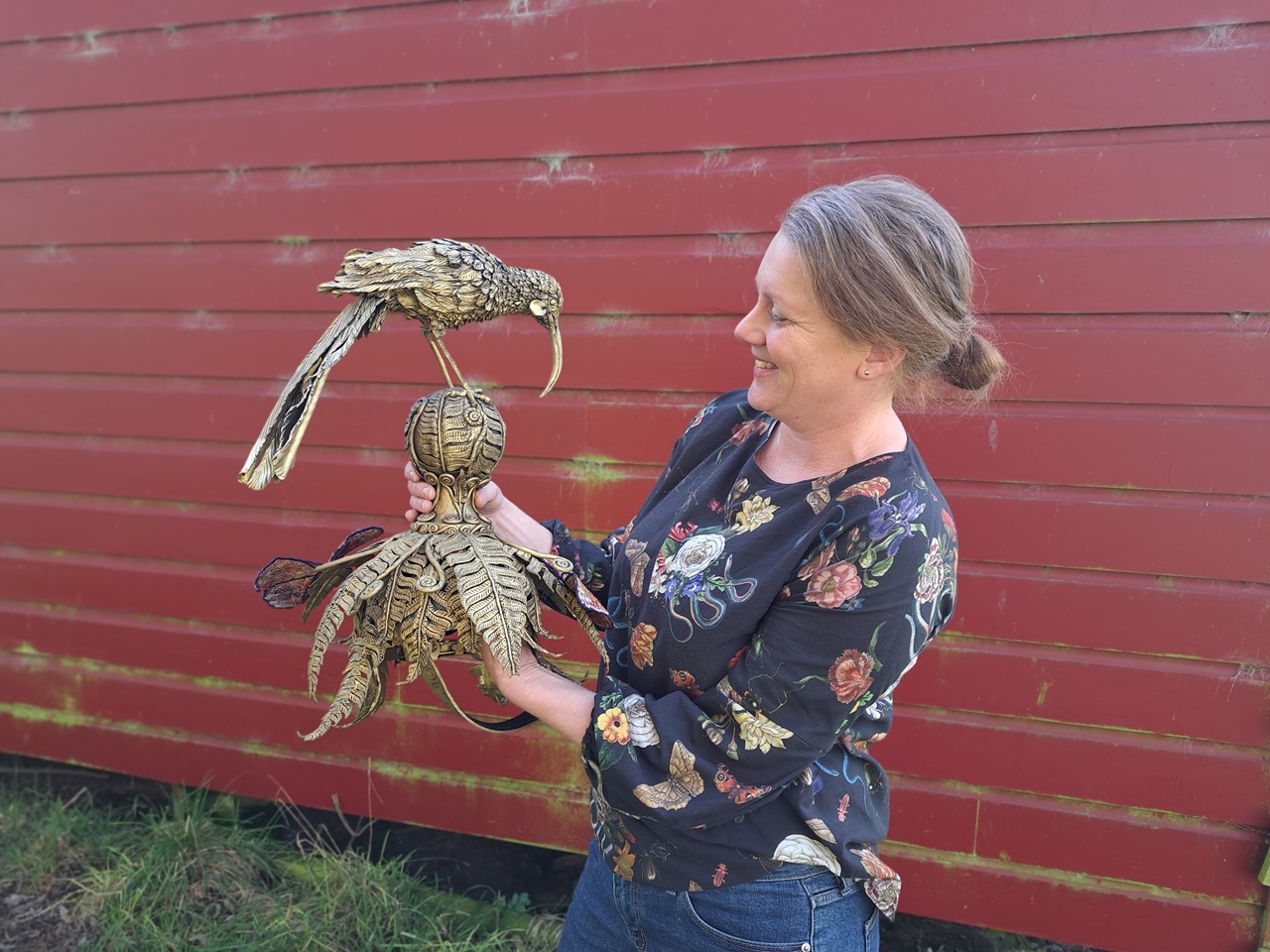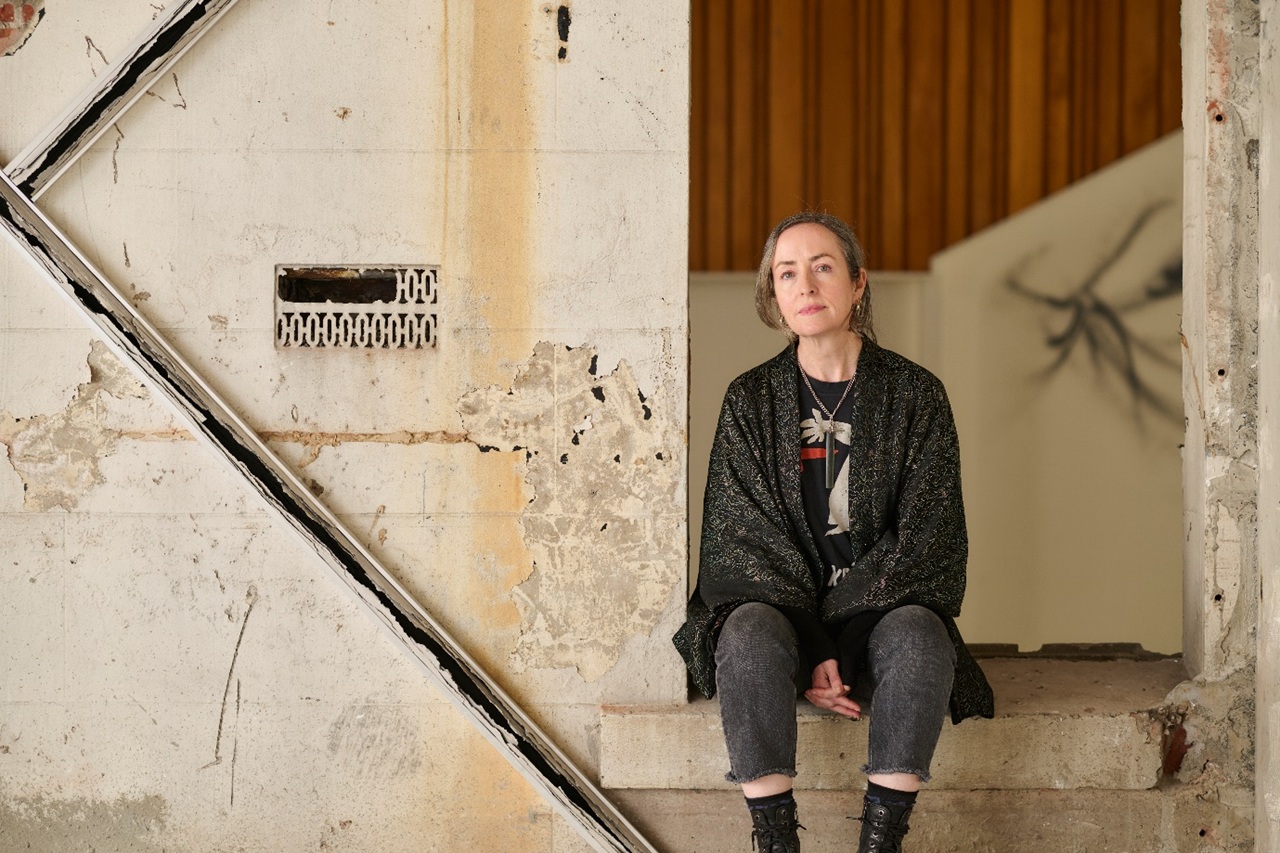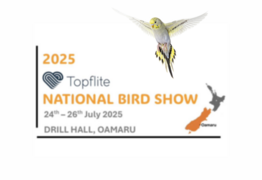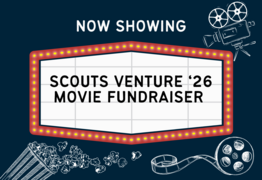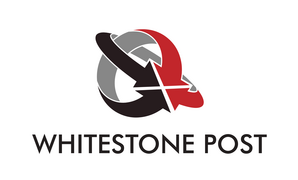Lessons for neurodiverse and disabled go swimmingly, thanks to community effort
Ashley Smyth
20 July 2025, 9:14 PM
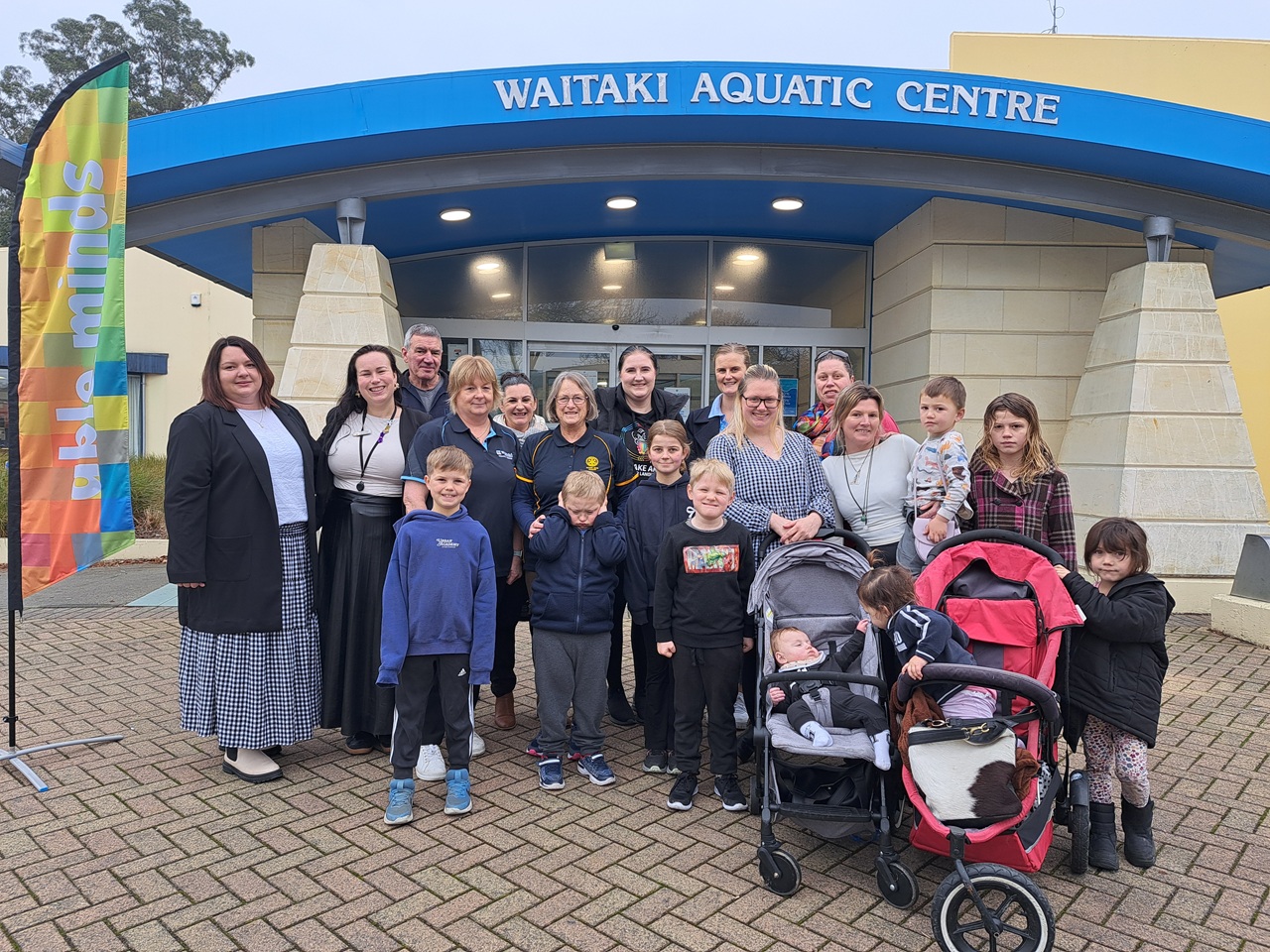 The people behind the successful swimming lessons, as well as some of the participants, before a lesson last week. Photo: Ashley Smyth
The people behind the successful swimming lessons, as well as some of the participants, before a lesson last week. Photo: Ashley SmythA new swimming programme in Ōamaru for neurodiverse and disabled children has been so successful, it has the potential to be rolled out in other areas.
The swimming lessons are an off-shoot of a peer support group Able Minds whanau/family support worker Marne Phillips set up in June last year.
She shared an office with Healthcare NZ Explore child and family psychologist Stephanie Lewis, who identified the need for it.
A common story Stephanie was hearing from parents was they felt alone, and they were juggling not only typical parenting problems, but the added life factors caring for these children brings.
“They felt they were doing this alone in a bubble, when in fact, there were other parents experiencing similar struggles and showing similar strengths,” she says.
Marne says after doing her homework and checking there was nothing similar already happening in the area, she was given the go-ahead to start the group.
Initially, it took a bit of time to get people in the doors.
“This one mum came in and she said, ‘I almost didn't come in . . . I sat out there in the car, I just sat there and thought, I can't do this’.
“But she braved it and she came in and she has been to almost every single group since.”
Since last June, there have been more than 30 people join group meetings, and benefit from “amazing community support” from experts in various fields, she says.
Topics covered in meetings include the journey to get a diagnosis - “which is the most challenging part of being a parent with neurodivergent children”, accessing funding, getting out in the community, eating, sleeping, schooling and teacher aid support, among others.
“There is minimal cost to our group, and guest speakers are happy to come along without charge,” Marne says.
Baking is supplied by Good Bitches Baking.
While the swimming lessons are a small part of what the group does, they are a “huge success”, she says.
“The feedback has been absolutely amazing.”
One parent says the lessons have provided her with one-on-one time with her son, which she doesn’t get much of since she had a new baby.
He loves anything to do with water, and they wanted him to become more capable and gain water safety skills.
They have gained “lots” from the lessons, she says.
“Swimming skills, quality time, and a real sense of belonging. The class is chaotic and everyone is doing their own thing, learning their own ways, and it’s amazing.”
Another mother also has a son who “loves water in any form”, and these lessons help increase his comfort and capabilities with swimming.
“It’s surprising me how he is adapting to these lessons, and his concentration is improving with each lesson, thanks to the awesome instructor, Rebecca.”
Swimming and swimming lessons were identified by parents as difficult to do with a child who had complex needs.
Marne spoke about the idea of swimming lessons at a Stronger Waitaki meeting.
She was told by Stronger Waitaki lead Ali McIntyre and Waitaki District Council community development coordinator Enya Fisher to “action it”.
“That never happens," Marne says. "I was like, ‘so, I don't have to write a fancy letter with like 10 signatures from parents, apply for funding and all that?’.
“At that point it was like, ‘Oh my gosh, this could be a happening thing’.”
With Stronger Waitaki support, the idea took shape, leading to a collaboration with the Waitaki Aquatic Centre which brought it to life.
Rotary quickly came on board, putting money towards the lessons, which have been running in five-week blocks since earlier this year.
Rotary president Miles Koberstein says the organisation is proud to support the swimming programme, which makes a significant difference to the children’s development and wellbeing, and applauds the community groups which have made it happen.
There are two sets of lessons running at the moment, with four children per group.
The numbers are kept low, but the programme is tailored in a way it can be expanded, provided the funding allows.
“It is amazing what can happen when the community comes together, and we work as a community, basically,” Marne says.
“So just being able to actually go along to the pool and see their children start to learn safety around water, making connections with other parents and children, and just being able to have something to go to on a weekly basis.
“It's a progressing thing for them . . . and getting out of their comfort zone too, to be able to do that.”
Waitaki Aquatic Centre programme lead Kerry Holland said the pool was proud to offer the swimming lessons to these children and their families, to help build their confidence and reduce their anxiety around water.
“Every swimmer is unique and our trained instructors adapt lessons to suit individual needs and pace. Whether it’s using visual supports, one-on-one guidance, or gentle sensory approaches, we focus on making every lesson calm, fun and empowering.”
The lessons are arranged during the pool’s quieter times, to avoid too much noise and stimulation.
To enquire about the swimming lessons, people can contact the pool directly, or phone Marne at Able Minds 021 353 325.
Able Minds is also available to support children and families going through any type of challenging situation, including grief, or a family member affected by mental health challenges or addiction.
NEWS
WHAT'S ON GUIDE
